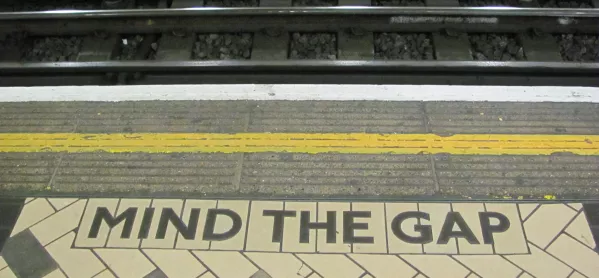Government reforms of the schools system could have contributed to inequality, according to a new study.
The analysis, carried out by researchers at the UCL Institute of Education, finds the education system is now pushing schools and headteachers to prioritise “the interests of the school over the interests of groups of, usually more vulnerable, children”. It adds some schools were engaged in “aggressive marketing campaigns and ‘cream skimming’ aimed at recruiting particular types of students”.
The report, due to be published on Tuesday and reported in the Observer today, assesses the impact of reforms introduced to the education system since 2010 and contains the examination of Ofsted data over a decade, a statistical analysis of the impact of multi-academy trusts (MATs), 47 detailed school case studies and a survey of almost 700 school leaders.
It says: “Our analysis of national Ofsted data for the periods 2005-10 and 2010-15 showed a relationship between inspection grades and the changing socioeconomic composition of a school’s student body. Schools that sustained or improved their judgment to ‘outstanding’ in the 2010-15 period saw, on average, a reduction in the percentage of students eligible for free school meals (FSM), while schools retaining or being downgraded to a ‘requires improvement’ and ‘inadequate’ judgment saw, on average, an increase in FSM eligibility.”
‘Always more to do’
Why better-performing and improving schools have admitted fewer students from poor backgrounds is not clear, says the study.
On Friday, Tes revealed that across more than 60 local education authorities, the number of school improvement officers fell from 1,568 in 2010-11 to 629.2 in 2016-17 - a drop of 60 per cent.
A Department for Education spokesperson said: “Thanks to our reforms and the hard work of teachers, the vast majority of pupils are in a good or outstanding school, 1.9 million more than in 2010, and an increase from 66 per cent to 86 per cent over that time.”




